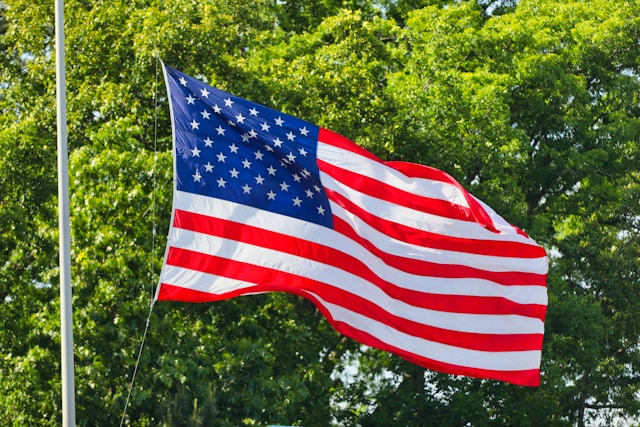Visa Stock Analysis: Is Visa a Strong Opportunity Ahead of Q4 Earnings?
$325.48
28 Jan 2026, 19:25


The inflation spike comes weeks after the Federal Reserve (Fed) decided to keep interest rates unchanged, citing economic uncertainty. The Fed had previously raised rates aggressively since 2022 to combat rising prices, but signs of persistent inflation have delayed further rate cuts.
Fed Chairman Jerome Powell told Congress that the central bank is in no hurry to lower rates, especially as new factors—such as Trump’s proposed tariff hikes—could drive inflation higher and impact economic growth.
The inflation surge presents a challenge for President Donald Trump, who campaigned on reducing inflation but has introduced policies—such as higher tariffs on imports—that economists warn could push prices even higher.
Ryan Sweet, chief U.S. economist at Oxford Economics, said the latest inflation report may pressure Trump to reconsider tariffs, as raising taxes on imports could increase consumer prices.
"Tariffs can be used for trade negotiations, but even a slight increase in prices due to tariffs wouldn’t be politically favorable for the administration," Sweet explained.
January’s inflation increase was widespread, affecting essential goods and services, including:
Additionally, core inflation, which excludes food and energy prices, rose 0.4% in January, marking the fastest pace since March 2023.
Following the inflation report:
Brian Coulton, chief economist at Fitch Ratings, described the report as "not a good number", warning that inflation risks from tariff increases and labor shortages could make it harder for the Fed to control prices.
With inflation still above the Fed’s 2% target, economists are uncertain about when rates will be cut. While Trump has urged the Fed to lower interest rates, many analysts believe rate cuts may not happen this year if inflation remains stubbornly high.
As food, energy, and housing costs rise, American households are feeling the strain of higher living expenses. With the Fed cautious about cutting rates and Trump’s tariffs potentially raising prices, inflation remains a key economic concern in 2025.
Source: bbc.co.uk, ChatGpt